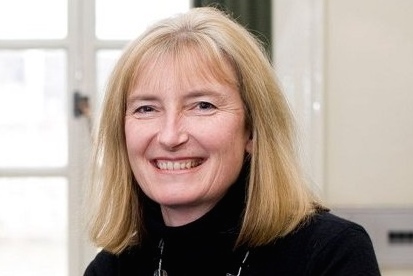Abhishek Phadnis: Where’s my bigoted wills folder?
Abhishek Phadnis of LSE students’ Atheist, Secularist and Humanist Society gave the funniest speech at yesterday’s “One Law for All” protest outside the Law Society.
What’s the world coming to, if a man has to undertake the task of drafting his will without the state holding his hand through the process, guiding him, and helping him be as bigoted and chauvinistic and spiteful as he possibly can? As it happens, this question … occurred to the people behind you over there, and they … couldn’t bear to see this inconvenience being visited on chauvinists and bigots everywhere, and so they sought to smooth their path.
He imagined a solicitor acting on the Law Society’s sharia wills practice note when meeting a new client:
Oh, he looks a bit Muslim – where’s my bigoted wills folder?
In response to the argument that the Law Society’s practice note is no cause for concern since it does not change the law, he said
the law didn’t change when the first sharia courts opened for business in this country. The law didn’t change when over the past 30 years our law enforcement agencies arrived at a consensus that it wasn’t worth their while prosecuting people who take a razor to the genitalia of young girls.
The Law Society’s guidance, he said, rests on “two assumptions that are corroding our belief in human rights”:
first, you can get away with the most extraordinary offences to goodness and decency in this country if you do it in the name of religion, and in fact … the state will bow and scrape before you to facilitate your caprice and spite; but secondly … you can get away with the most extraordinary offences to the principles of equal rights if you limit your discrimination to discrimination against minority women.




